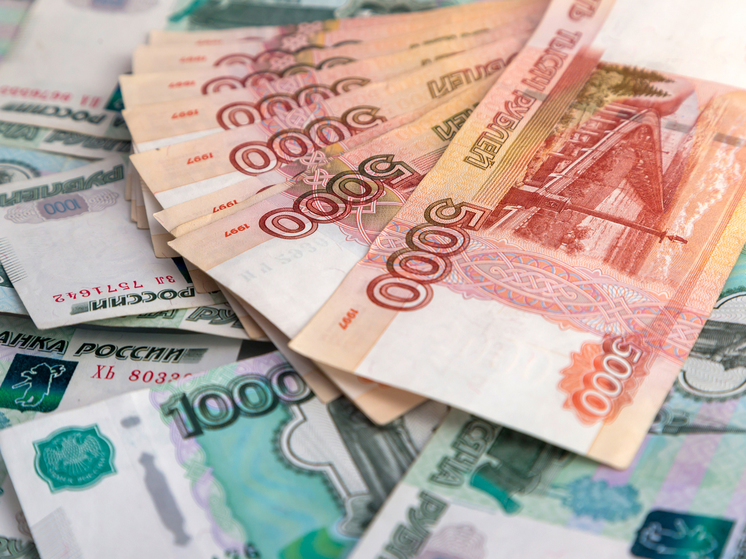Banks of friendly countries using domestic analogue of SWIFT will be affected
The West intends to deal another blow to Russian finances. Participants in the upcoming June G7 summit are preparing to impose sanctions against banks in third countries that use the Russian analogue of SWIFT — the Financial Message Transmission System (SPFS). As Bloomberg writes, the set of restrictive measures is still “under development.” Accordingly, it is too early to judge the technical side of the issue. We are talking about a fundamental political decision with absolutely unpredictable consequences.

The specific mechanism of such blocking still looks extremely abstract, giving commentators plenty of food for a variety of assumptions. However, few doubt the seriousness of the Western sanctions' intentions and that the matter will be completed. The situation, needless to say, is unpleasant for Russia — you can’t brush it aside like an annoying fly.
Let us remind you: 557 banks and companies are connected to SPFS, the brainchild of the Central Bank, including 159 non-residents from 20 countries. It is used, in particular, by credit institutions of our neighbors in the CIS — Belarus, Armenia, Tajikistan and Kazakhstan. Since the SPFS functionality was originally created for internal use, as insurance in case of disconnection from international SWIFT, the system cannot be technically blocked on Russian territory. However, it is quite possible to impose secondary sanctions (or put pressure) on banks of those jurisdictions with which Moscow actively trades through the SPFS — China, Turkey, the UAE, CIS countries.
“Blocking SPFS is a highly conditional concept. In fact, the measure can only be implemented through direct pressure — mainly psychological and legal — on the financial and credit structures of the Russian partner countries so that they refuse to use it, says Alexander Shneiderman, head of the sales and customer support department at Alfa-Forex. — Otherwise, the organization and affiliates will be subject to personal sanctions from the West. Nobody wants to miss out on a competitive advantage or even just get caught by the commission that makes a proposal to impose sanctions. Excessive boldness can harm business.”
At the same time, according to Shneiderman, there are no technical means to forcibly disconnect banks from SPFS, with the exception of frankly illegal hacker methods. At the same time, payments between countries are possible even after the introduction of restrictions — there are a lot of national payment systems. But Moscow and its partners will need time to rebuild. Among the available alternatives right now are settlements using cryptocurrency transactions or using, for example, the Chinese CIPS system. This is in the short term. And in the long term, a working option suggests itself with BRICS Pay, a powerful international mechanism for the exchange of financial information (within the framework of the BRICS economic association), which has not yet been subject to sanctions and poses a threat to the stability of SWIFT itself.
“If sanctions against the SPFS are nevertheless introduced, for Russia, its economy and business, this could result in a number of problems. In particular, it will make it difficult to conduct transactions with external counterparties, notes financial analyst and private investor Fedor Sidorov. — However, do not forget: there are other ways to manage financial processes. These include the system of fast payments of the Central Bank of the Russian Federation, payment systems of China and India. In addition, the restrictions will probably not deter everyone: for many partner states, good trade relations with Moscow are too important. In addition, almost 60% of settlements with European countries for supplies of Russian raw materials are carried out in rubles. So in this situation there is more of a purely psychological component than truly serious risks.”
According to BitRiver financial analyst Vladislav Antonov, the likelihood of introducing secondary sanctions against foreign banks using SPFS is quite high. Since the West views this system as a way to circumvent restrictions already in place, it is determined to neutralize it. And here a lot depends on the position of Moscow’s allies — those who will continue to use SPFS, despite the obvious threat of being blacklisted and significantly losing their profits.
The restrictions will not have any effect on the turnover within Russia, which cannot be said. about foreign markets. First of all, about the countries of Southeast Asia, where the sanctioned “Peace” cards are still in use, adds financial expert, author of the Economism project Alexey Krichevsky.


